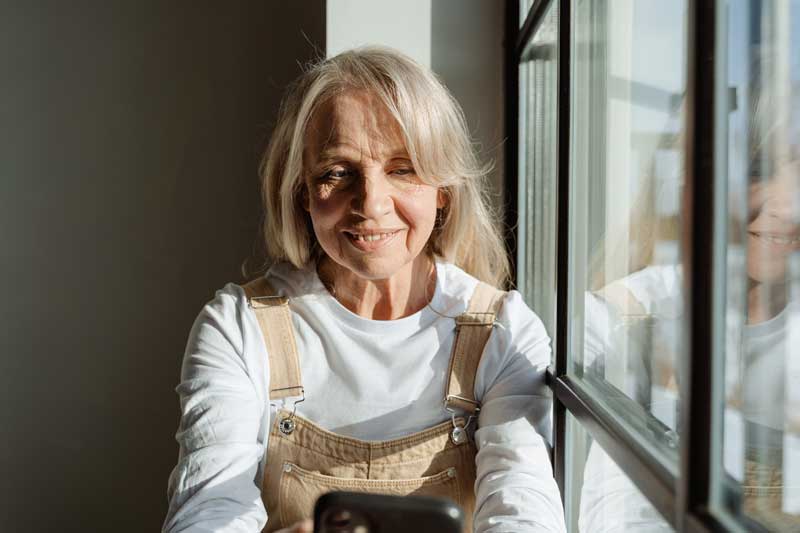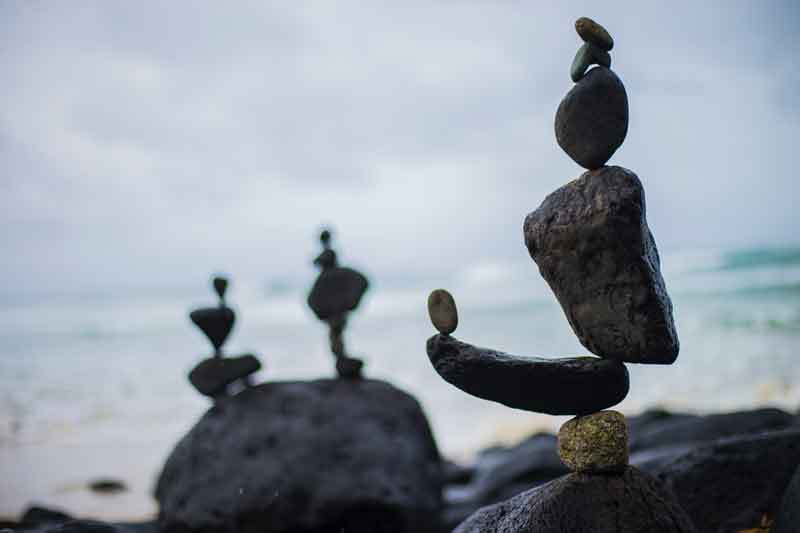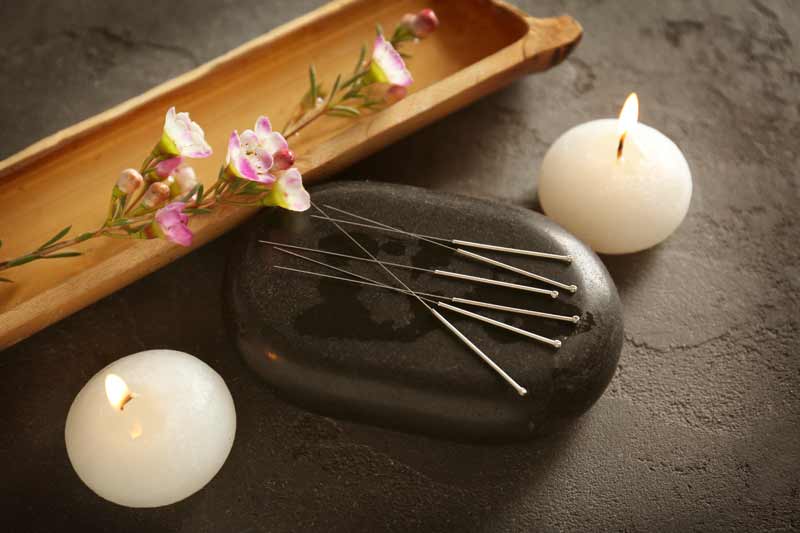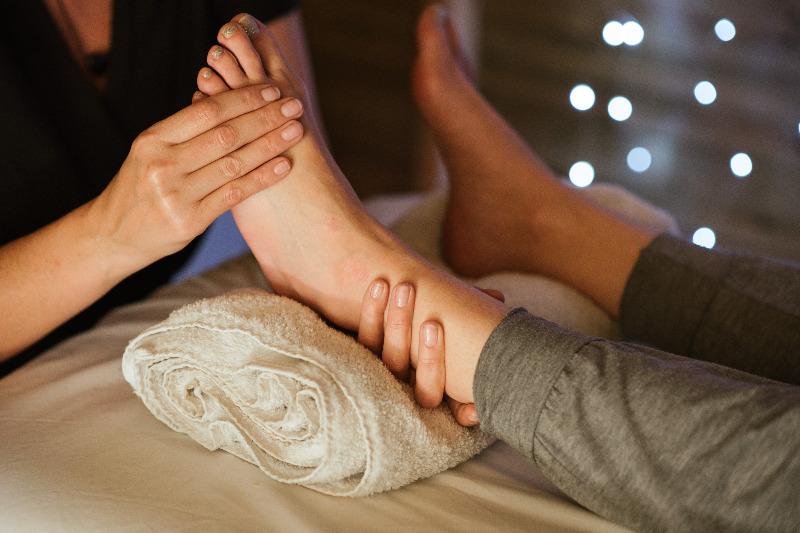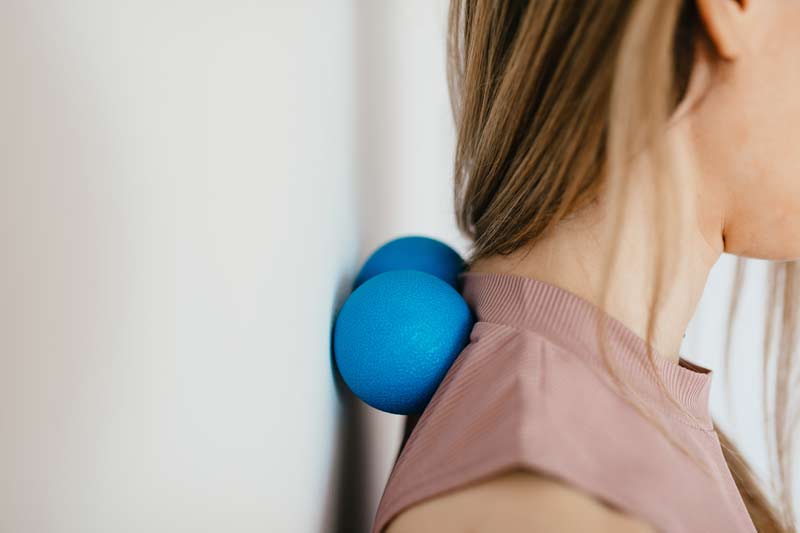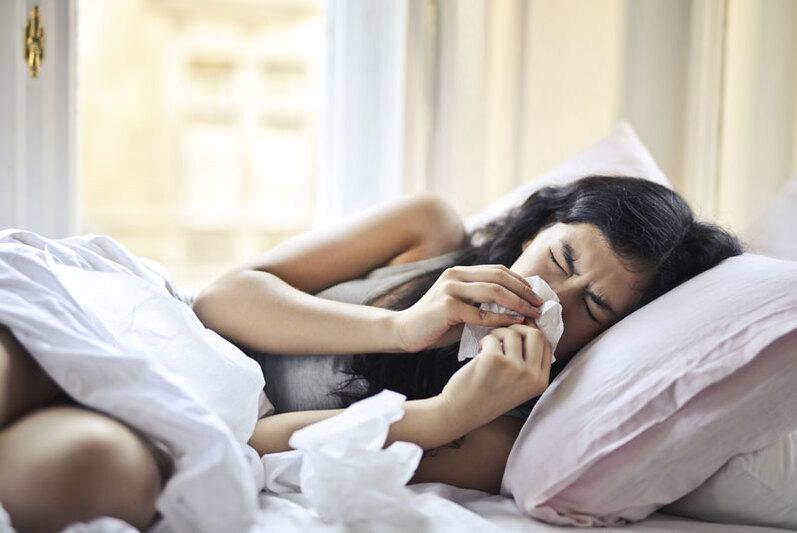What exactly is menopause?
Menopause is a natural process that signals the end of a woman's fertile period. Most women have their last menstruation between the ages of 40 and 60, with the average age of the last menstruation being 51. A woman is born with approximately 600,000 egg cells, and by the time menopause begins, there are only about 10,000 egg cells left.
Under the influence of a hormone (FSH), an egg cell matures and menstruation follows. However, when there are insufficient - good - egg cells, this process stops and the cycle ceases. This in itself results in a change in the monthly hormonal balance associated with ovulation, which in turn alters the balance between estrogen and progesterone.
What symptoms arise during menopause?
Not all women experience symptoms during menopause, but the Dutch Society for Obstetrics and Gynecology (NVOG) estimates that about 25% of women experience such severe symptoms during menopause that it disrupts their daily life. These symptoms can be 'typical menopause symptoms' associated with estrogen fluctuations such as hot flashes, night sweats, decreased libido, dry skin and vagina. But also less 'typical symptoms', which are not necessarily associated with estrogen fluctuations. These symptoms include palpitations, headaches, sleep problems, mood swings and weight gain, all of which can lead to significant disruptions.
Menopause viewed through the lens of Traditional Chinese Medicine
Traditional Chinese Medicine (TCM) looks at aging and bodily changes through a very different lens than conventional medicine. It starts with the idea that well-being in general, and fertility in this case, is a combination of 'what you are born with' (genetics) and 'the stress/strain of daily life' or in other words, how you live has a significant impact on your well-being.
"With the hot flashes, things are much better, they sometimes still occur but don't persist and the night sweats are less intense and less frequent" - Mrs. C after a few acupuncture treatments
Cycles of 7 years
In Chinese medicine, women go through cycles of 7 years, meaning that a new period begins every 7 years. From the age of 35 (the 5th cycle), the natural aging process becomes visible; grey hair and the first wrinkles appear, and it becomes more difficult to become pregnant. From the 7th cycle (49th year of life), fertility dries up. The body enters a new phase, in which a new balance must be found.
Acupuncture and menopause
Acupuncture is a treatment that uses thin needles. These are placed at strategic points on the body with the aim of bringing the body into greater balance. When transitioning to menopause, the body that no longer menstruates monthly must find a new balance. Sometimes this doesn't work and the body is out of balance. An unbalanced body often has symptoms. Acupuncture can be very helpful in achieving this new balance.
Acupuncture for hot flashes or mood swings
When the body is out of balance, it can lead to symptoms like hot flashes. The acupuncturist will choose a treatment that will help the body to manage the heat. If the symptoms are more related to mood swings, then the acupuncturist will first focus on this. In other words, depending on the complaint a person comes in with, the therapist will choose a custom-made 'needle formula'. Furthermore, acupuncture has a relaxing effect, and a relaxed body can more easily find its new balance.
Experience with acupuncture for menopause symptoms
Mrs. C recently came to our practice with menopause symptoms. She is 54 years old and has been experiencing menopause for a few years, with her main problem being severe hot flashes accompanied by night sweats. The treatment was aimed at reducing the heat and restoring balance. After a few treatments, she slept better, was calmer in her head, and she herself says: "With the hot flashes, things are much better, they sometimes still occur but don't persist and the night sweats are less intense and less frequent". As a result, she sleeps much better and is therefore more rested. All in all, things are going much better, both at night and during the day.
Suffering from sleep problems? Read our 5 tips for dealing with sleep problems here
What can you do yourself about menopause symptoms?
Acupuncture can quickly yield beautiful results, but there are also things that women can do themselves to limit the symptoms.
Eating & Drinking
Nourish yourself well! This means eating from the ground and the farmer, preferably unprocessed food in season. A warm breakfast is highly recommended, with the vegetables cooked. True boosters are bone broth, organ meats, seaweed, nuts, and eggs. These contain minerals and trace elements that make a body more resilient. On the other hand, the body often struggles with the processing of sugar, fried food, raw food, and food and drinks directly from the fridge or freezer. During menopause, it's better to avoid heat-generating foods such as alcohol, coffee, and spicy food, and smoking also generates heat.
Exercise
The body functions best with a good balance between exertion and relaxation. Relaxation is not Netflixing or Facebooking, but moments of genuine rest and relaxation where the mind also switches 'off', for instance, a long walk (without a podcast), a yoga session, mindfulness, or breathing exercises like those of Wim Hoff.
Want to Experience What Acupuncture Can Do for Your Menopausal Complaints?
Would you like to experience what acupuncture can do for your menopausal complaints? You can! Come and visit one of our acupuncture practices or make an appointment online at one of our locations in Breukelen, Hoofddorp, Nieuw-Vennep, Rijswijk / Delft, Voorburg or Wassenaar.



